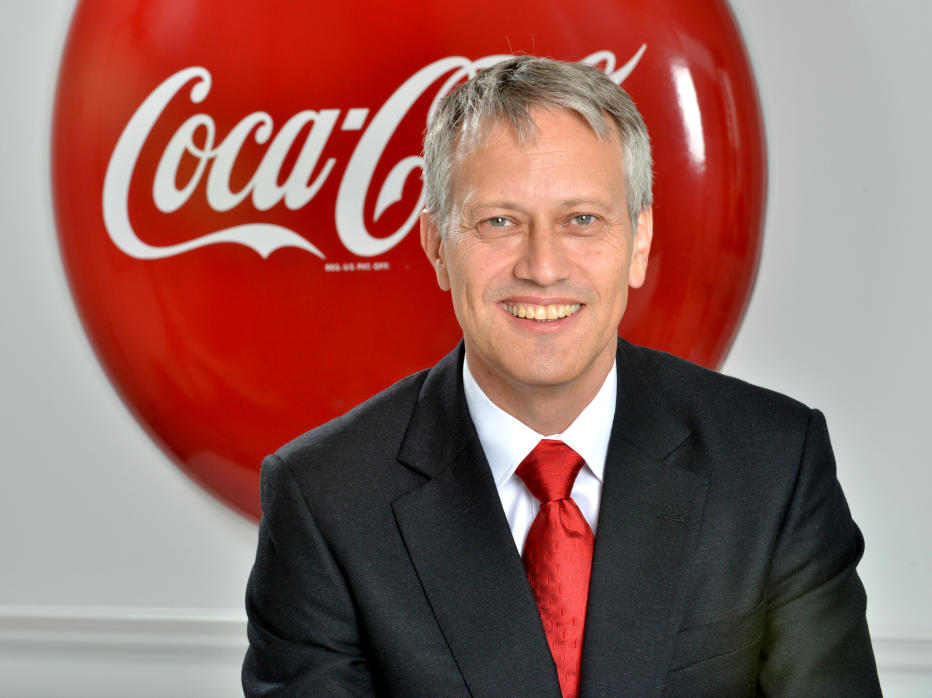FrieslandCampina WAMCO is Nigeria’s largest milk company and produces some of the most popular brands like Peak, Three Crowns. For over 60 years the iconic diary company has endeared itself to the hearts and minds of Nigerian consumers by the high quality of its milk brands and the robust impact of its Corporate Social Responsibility (CSR) initiatives.
However, like many other diary manufacturers across Africa, FrieslandCampina WAMCO has relied on European producers for the supply of its milk. This was as a result of the lack of capacity on the part of the local producers to meet the milk demand of the company.
But since 2011, FrieslandCampina WAMCO noticed steep increases in the prices of dairy commodities on the international market (especially milk powder) due to growing global demand for milk (especially from China), droughts, and weakening of the Euro currency.
Confronted with this challenge, the diary giant saw an opportunity to develop the production capacity of local milk producers, so that the company can reduce its reliance on European milk producers and instead depend more on the Nigerian producers.
In Nigeria, like in many parts of Africa, milk production is dominated by smallholder pastoral farmers in rural areas who usually milk their cows for family use and sell the remainder in local markets.
Because raw milk cannot last for a very long time without proper treatment and storage, only very little volumes of locally produced milk are ever used for commercial production in Nigeria.
Poor hygiene during milking, bad transportation infrastructure, inadequate refrigerated storage and low awareness about market opportunities are just a few of the factors that affect the local milk supply chain in Nigeria.
To solve these problems, FrieslandCampinaWAMCO built milk collection centres in different regions of the country. Small-scale milk suppliers, especially the Fulani, supply fresh milk to these collection centres every day in 10-litre buckets provided by the company in place of the traditional calabashes which often contaminate the milk.
These centres are equipped with cooling facilities from where the company collects the milk in vehicles installed with cooling equipment and transports to its main factories for commercial production.
The company has also started providing training to livestock farmers on how to maximize milk production from cattle while milking cows and improving the hygiene quality of the milk. This way, smallholder farmers in Nigeria are now able to sell their milk (indirectly) to urban consumers who trust FrieslandCampina WAMCO to deliver on quality.
As a result, the company has begun to cut down on its raw milk and powder milk imports from Europe. This initiative, led to the small hold¬er dairy farmer programme in Nigeria.
That little idea which started in 2011 has now matured into a multibillion naira diary project as FrieslandCampina WAMCO, recently, in an effort to make the initiative even more sustainable and profitable to local producers, announced an investment of N3billion to small hold¬er dairy farmer programme, now more commonly called the Dairy Development Programme (DDP).
The Dairy Development Programme (DDP) is a private public partnership and an initiative of Friesland Campina WAM¬CO aimed at triggering growth in dairy farming in Nigeria. The investment will provide infrastructural and technical support to Nigerian dairy farmers and help them boost production.
“We will launch the small dairy farmer holder concept starting with a cluster of 50 farmers which today is globally recog¬nised as the most sustainable and social¬ly inclusive way of dairy farming across countries like India, Uganda, Kenya and Rwanda and we will demonstrate our commitment to the local communities by supporting existing dairy farms starting with Milcopal in Kaduna State by provid¬ing them with technical assistance. We will put our money where our mouth is that is why we are investing over three million Naira in this programme”, the Managing Director, Friesland Campina WAMCO, Rahul Colaco, said at the signing of MoU with DDP and the Federal Government.
By this initiative, FrieslandCampina WAMCO has raised the stakes in corporate social responsibility and local content partnership and demonstrated an example of how local producers can become partners with multinationals.




Comment
No comments found.